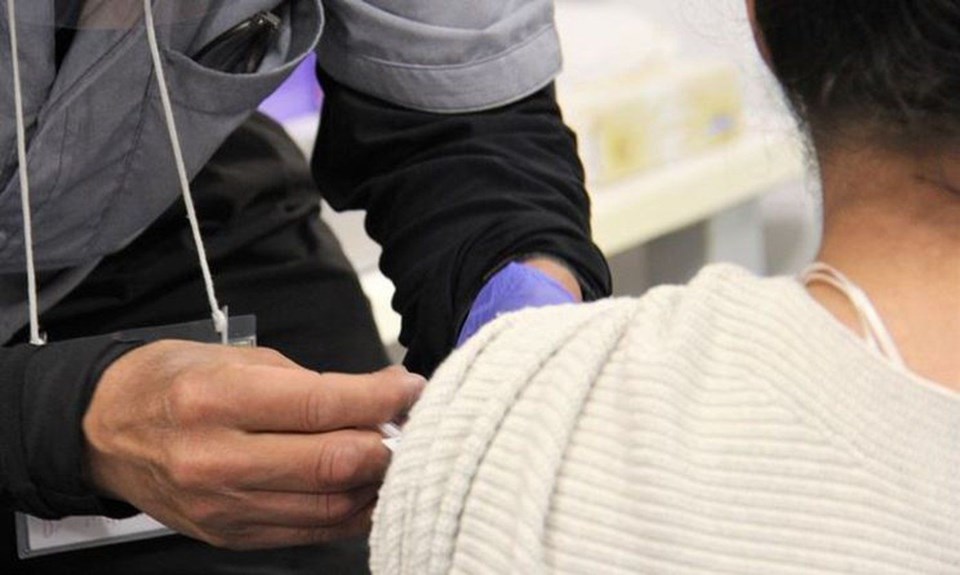The vast majority of staff members at Waterloo Region’s and Guelph-Wellington's long-term care homes are vaccinated, with the average staff vaccination rate in the neighbouring public health units sitting at 89.8 per cent, according to Ministry of Ontario data, last updated on Oct. 1.
The Ontario Ministry of Long-Term Care updates data on a monthly basis, typically in the middle of the month.
But with the provincial government issuing a vaccine mandate that takes place Nov. 15 and third-dose booster shots now available for all long-term care workers, almost all long-term care homes in the region will need to work on getting their staff 100 per cent vaccinated.
One home in nearby Guelph has already made this a reality. The Elliott Community long-term care home has a 100-per-cent staff vaccination rate, according to Ministry of Ontario data that is confirmed by the home.
CEO Michelle Karker said that throughout the vaccination process, the staff kept their mind on one goal – keeping COVID out of the home.
Karker explains that getting 100 per cent of staff vaccinated was a progressive process that involved keeping staff informed every step of the way. Staff jumped on getting vaccinated early in January, and up to 73 per cent of Elliot Community’s staff was vaccinated in those early months.
Elliot Community executives then surveyed support staff to get a better understanding of their issues and concerns related to getting the vaccine.
The home has also had a flu shot vaccine mandate in place since 2011, so it helped that staff were used to a vaccine mandate. In May, the Elliot Community put in a vaccine mandate for all new employees. This, along with the home’s education efforts, resulted in 98 per cent of staff being vaccinated. In August, with the Delta variant surging, they implemented a new vaccine mandate for current employees, which led to 100 per cent of staff being vaccinated
Karker’s advice to other long-term care homes that are attempting to get their staff vaccination rates to 100 per cent is “to really work with your staff and team to better understand what their concerns are, as well as understanding what the issues might be surrounding that.”
But even with the best of education efforts, the threat of staff shortages looms large.
Steven Harrison, CEO of Tri-County Mennonite Homes, which includes the Nithview Home in New Hamburg, said that staffing shortages had been a problem in long-term care homes prior to the COVID-19 pandemic.
“This has been an ongoing concern and budding crisis for the better part of the last decade,” said Harrison. “This has been extending to the entire health-care system and has to do with the basic demographics of the workforce across the country. Couple this with massive pressures to improve care, poor funding, lower than average salary capacity in the long-term care sector and an aging population, and the stage has been set for significant risk in the long-term care sector for years now.”
Harrison admits that Tri-County Mennonite Homes will probably lose approximately 36 staff members as a result of the vaccine mandate the organization put in place with a deadline of Oct. 31. Harrison notes that they have lost twice as many staff during the pandemic due to fatigue, burnout and simply quitting the sector.
However, the Ontario government announced on Oct. 22 that they would provide up to $270 million to long-term care homes to increase staffing levels, $9,692,620 of which will go to long-term care homes in the Waterloo Region.
“We can’t afford to lose more staff; however, it is quite clear after reviewing literature from Saskatchewan and Alberta in comparison to other Canadian jurisdictions that vaccination for this disease makes a difference,” said Harrison.
